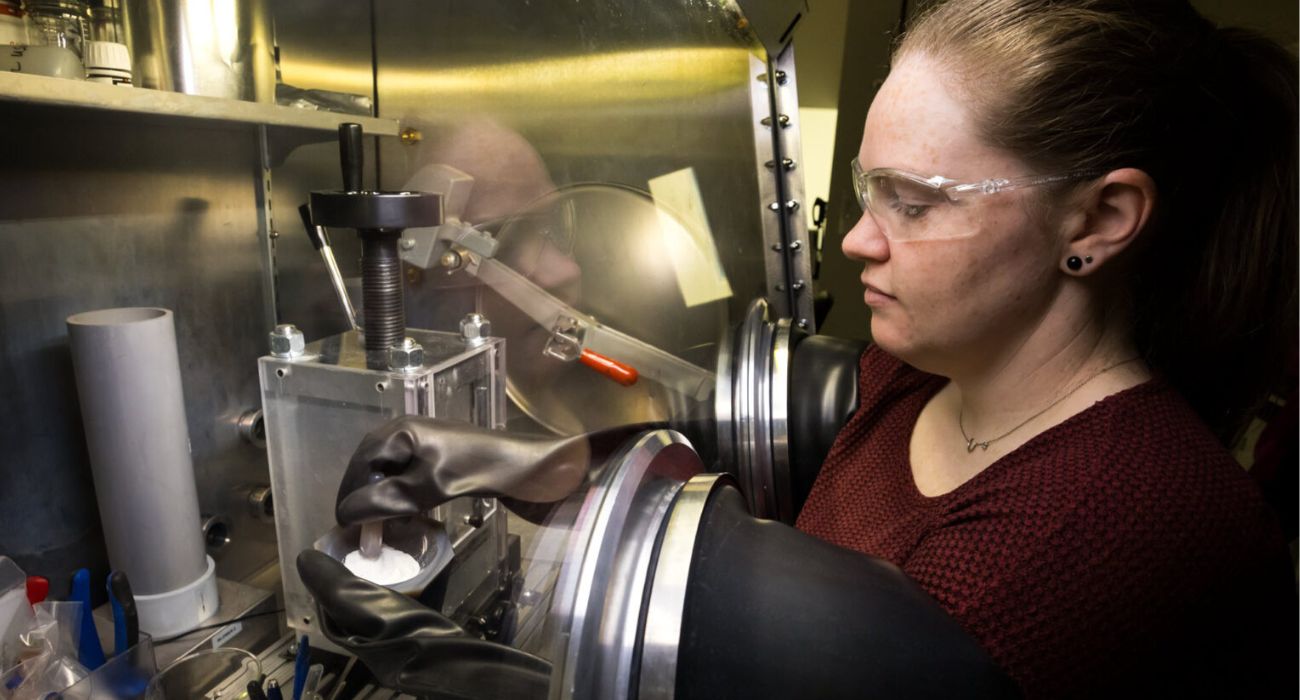Scientists from the Pacific Northwest National Laboratory in partnership with Microsoft are combining chemistry and AI to discover materials that can be used for more optimized batteries.
Researchers discovered 23 possible candidates, five of which were already known, out of a list of over 32 million materials, according to Microsoft.
Scientists were then able to successfully synthesize one of the new and promising materials, a solid electrolyte, into functional prototype batteries. These prototype models are expected to undergo multiple tests before being made commercially available.
Jason Zander, executive vice president of Strategic Missions and Technologies at Microsoft, said that the technology signals the “dawn of a new era of scientific discovery.”
The combination of AI with high-performance computing was able to reduce the number of possible candidates from millions in a span of just 80 hours. Microsoft scientists believe that the AI tool can be used for far more applications of material research.
“With novel AI and hyperscale capabilities, we can speed up research and unlock the discovery of new molecules that can address some of the most pressing issues of our time, from clean energy to eliminating toxic chemicals and beyond,” said Zander.
“We are honored to work with world-class scientific institutions like Pacific Northwest National Laboratory [PNNL]. Our breakthrough in using AQE to find new battery materials is just one of the many examples of how our innovative approach to materials research can improve our daily lives.”
Brian Abrahamson, chief digital officer at PNNL, is excited about what comes next.
“We’re sitting on the precipice of this maturation of the artificial intelligence models, the computational power needed to train and make them useful, and the ability to train them on specific scientific domains with specific intelligence,” said Abrahamson. “That, we believe, is going to usher in a new era of acceleration. That is exciting because these problems matter to the world.”






